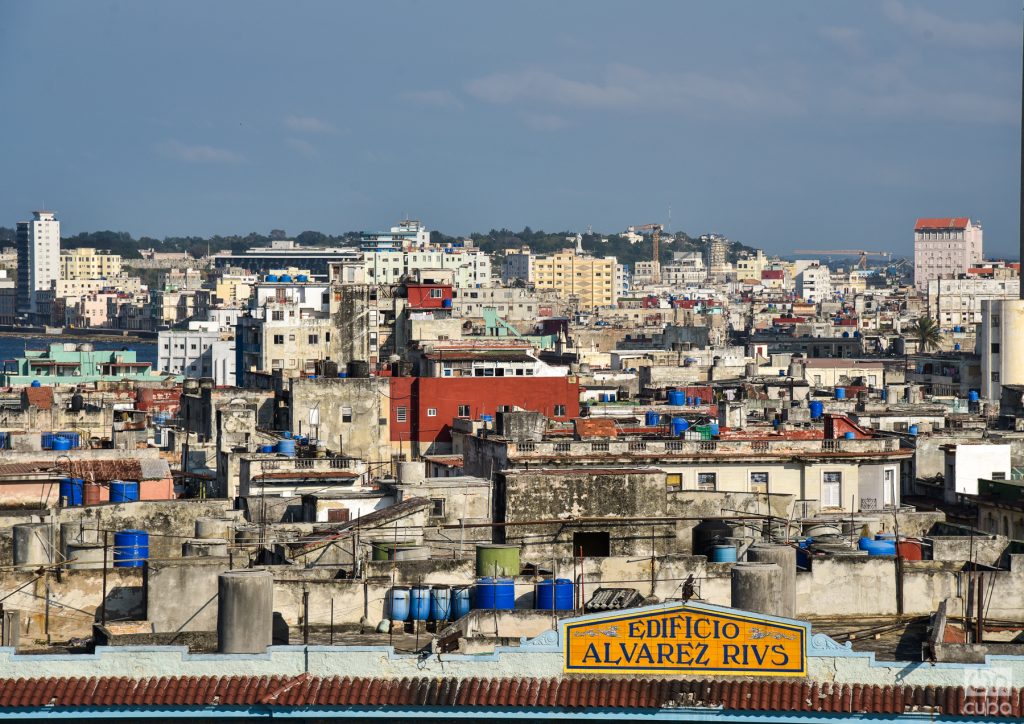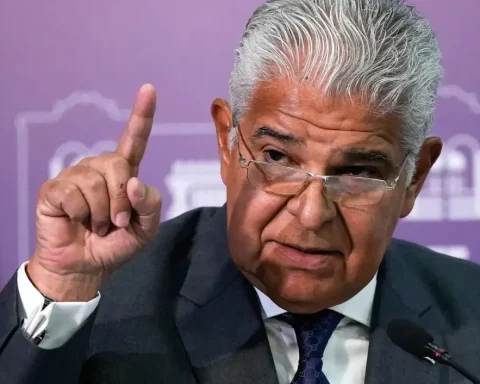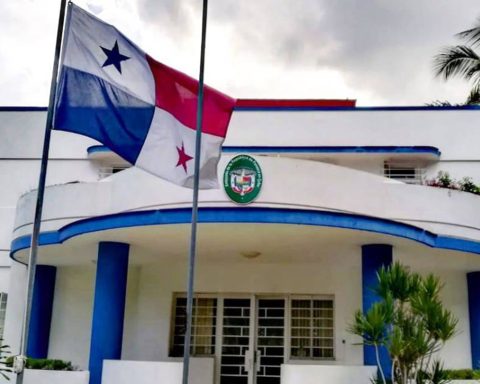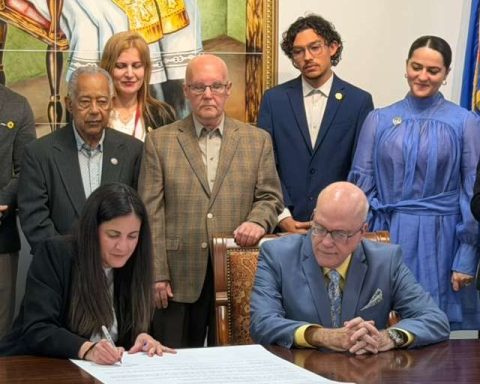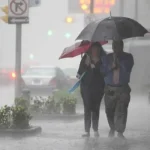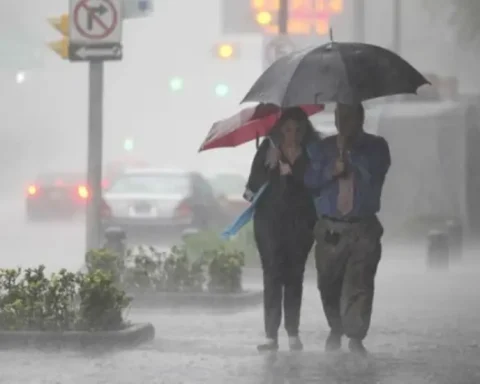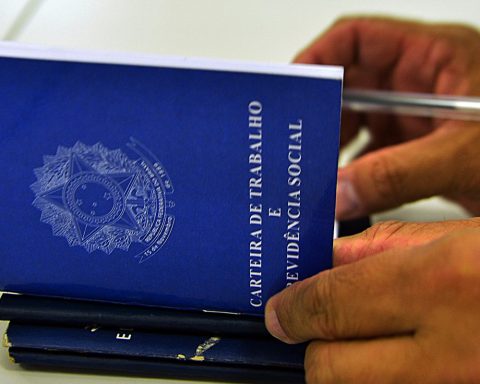The Expropriation Law for reasons of public utility or social interest, the draft of which had been published last March, was approved this Tuesday by the National Assembly of Popular Power (ANPP) during their second day of meetings.
The Minister of Finance and Prices, Meisi Bolaños Weiss, according to quotes of the Cuban News Agency (ACN), pointed out that, far from harming, “it makes up for the lack of a single legal body to regulate expropriation” until now controlled in scattered laws such as the General Housing Law.
Other aspects related to the Expropriation Law for reasons of public utility or social interest:
? Applies exceptionally.
? It is closely linked to the well-being of the community and the economic and social development of the country. @MeisiBWeiss in @Cuba Assembly pic.twitter.com/8wWmlcH6FZ— Ministry of Finance and Prices Cuba (@finanzasprecios) December 14, 2022
According to the official, the law establishes “guarantees in procedural matters” and “strengthens the form of compensation and specifically its determination criteria, provides the guarantees and postulates of legal certainty to the owner and right of the property that will be subject to expropriation.” .
It ratifies the principle that people can only be deprived of their property solely for reasons of public utility or social interest in accordance with the provisions of the Constitution of the Republic of 2019 and with due compensation.
In addition, he explained that the houses can only be temporarily occupied in exceptional and disaster situations, without prejudice to the process to determine the corresponding compensation. In the same way, he ratifies the guarantees to foreign investors on expropriation and has protection for foreign investment, aim the official site CubaDebate.
The Government considers the use and conservation of natural resources “of public utility or social interest”; the construction of educational, health, sports, cultural, recreation centers or other works and infrastructures for collective well-being or urban and rural development, according to the official.
It includes the construction, expansion or alignment of public roads, execution of agricultural programs and the urbanization of areas and construction of houses for social or economic development purposes.
The regulations are governed by the provisions of the 2019 Constitution of the Republic, in its article 58. Bolaños Weiss insisted that the expropriated have the right to demand the reversal of the expropriation provided that the conditions established for this purpose in the Law are met and in the administrative process.
In her explanation, the minister highlighted that the Law is the result of hard collective work after the formation of a temporary group made up of State agencies and professors from the Faculty of Law of the University of Havana.
The draft of the “Law of Expropriation for reasons of public utility or social interest” was published in March of this year on the website of the Ministry of Finance and Prices (MFP) of Cuba for the analysis of legislators, experts and citizens of the country, according to official media on the island.
